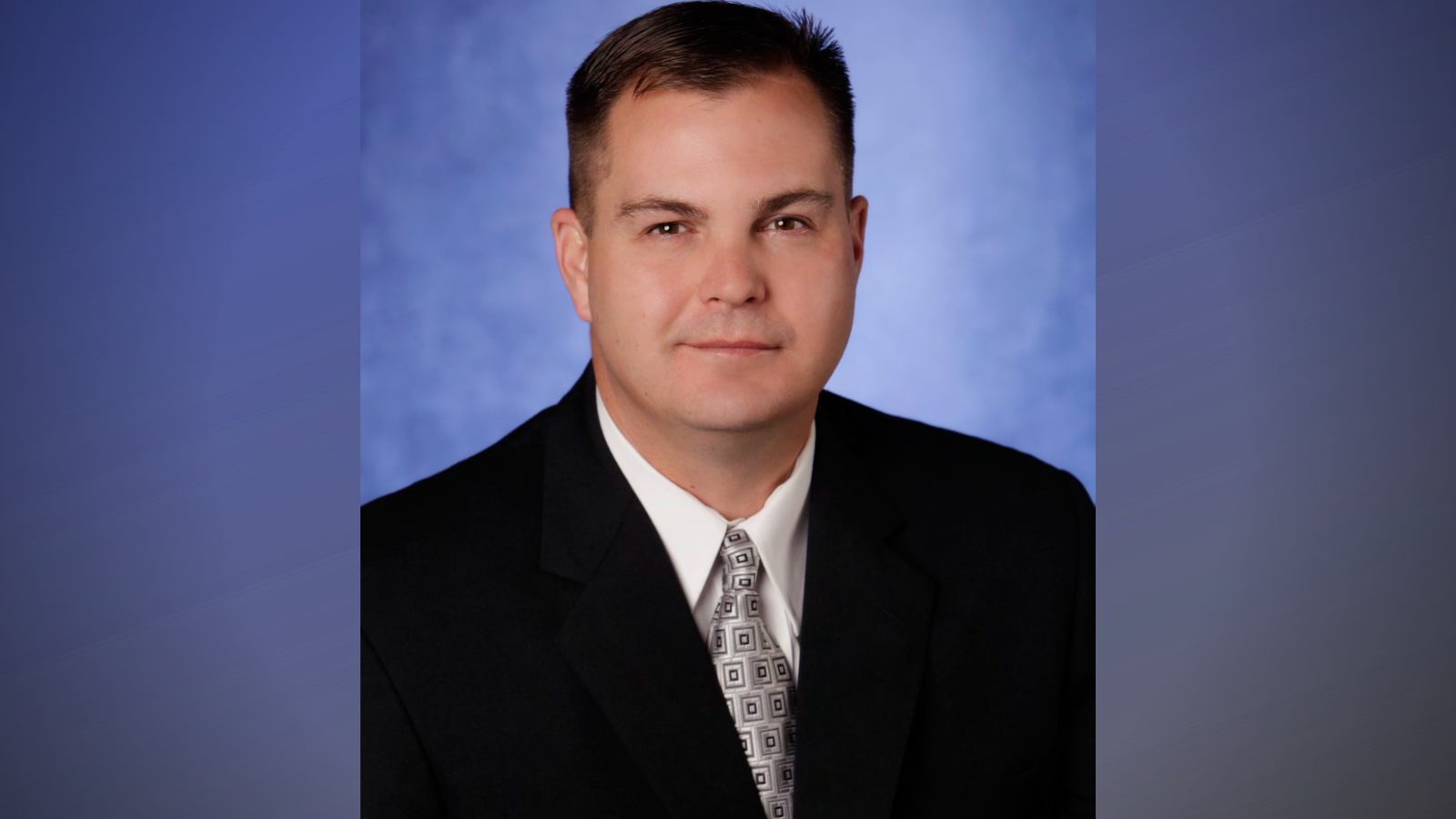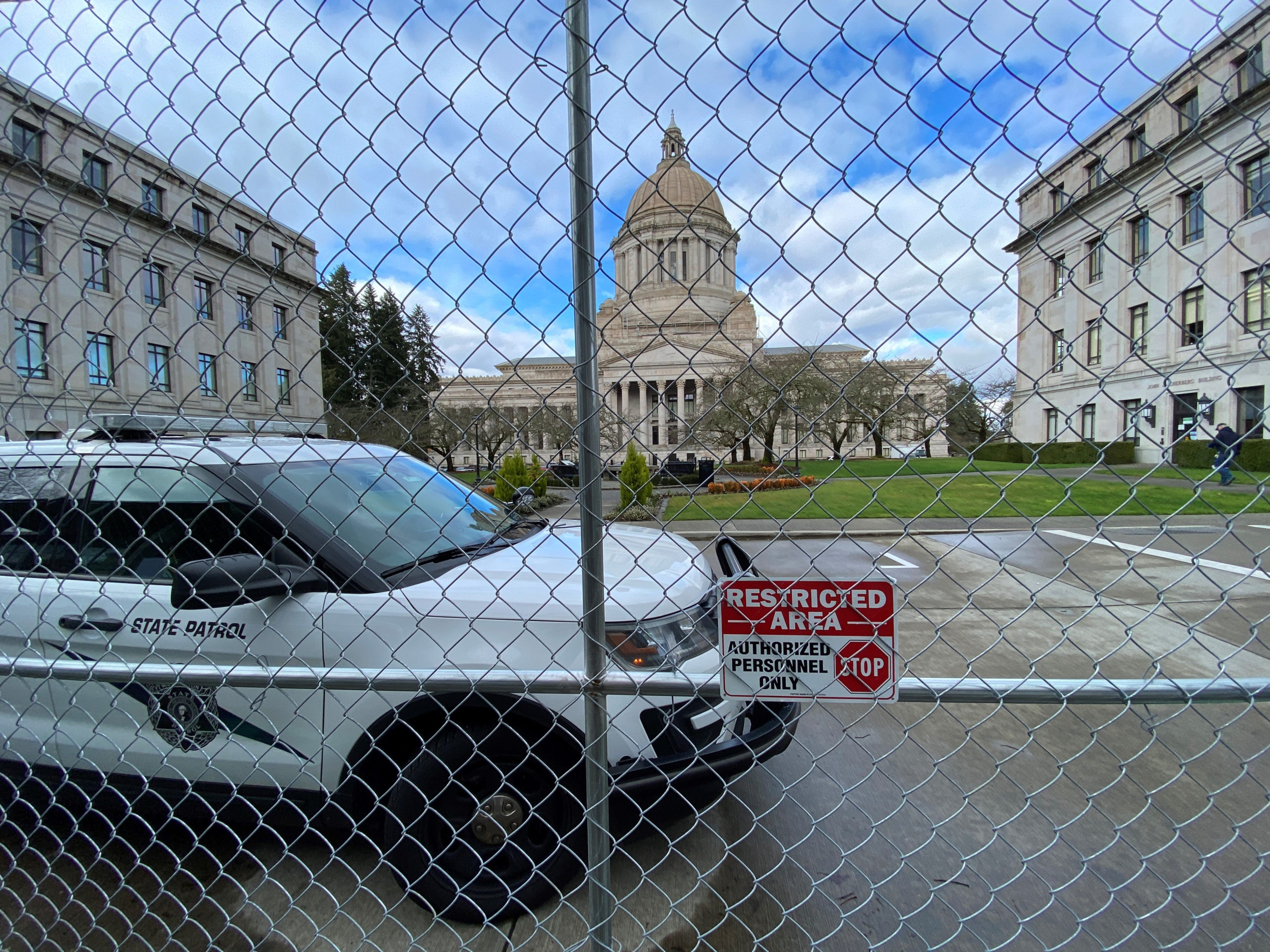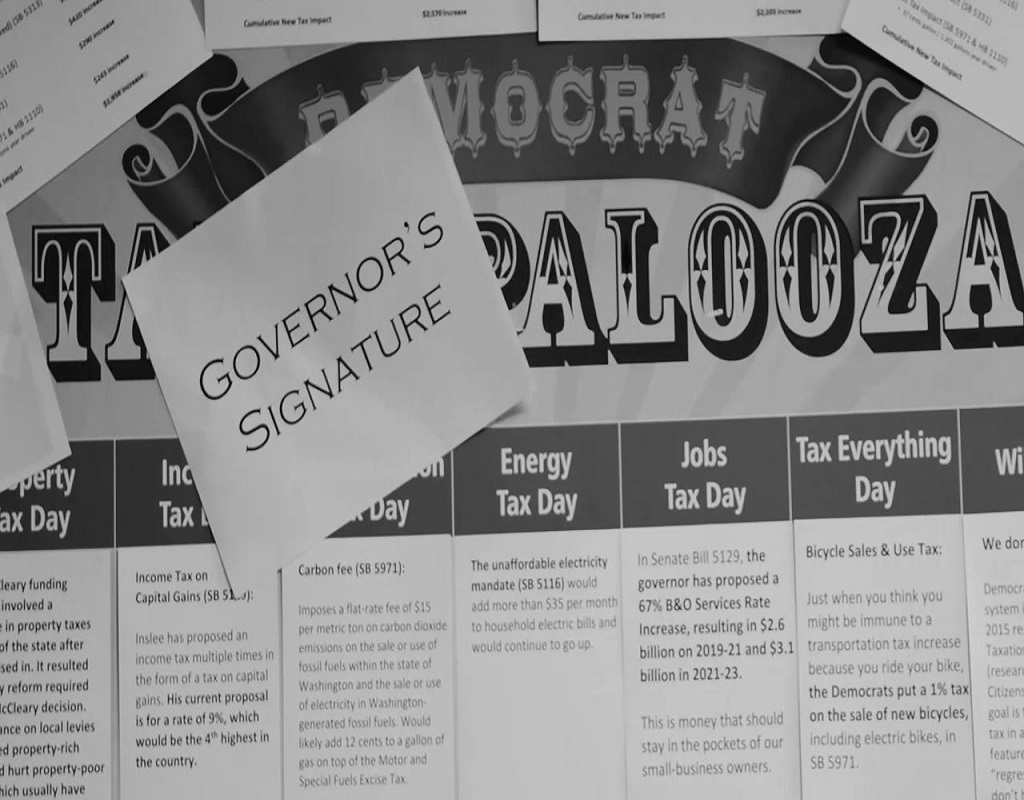Drive up energy costs, crash the economy, and create blackouts – that’s what a state Senator says the governor did today (Mon). Tracy Ellis explains.


Drive up energy costs, crash the economy, and create blackouts – that’s what a state Senator says the governor did today (Mon). Tracy Ellis explains.

More praise from Senate Republicans for Governor Inslee after another one of his reopening plans – this one for schools – mirrored one of their earlier proposals. Tracy Ellis has more.

The entire state is in phase two of the governor’s reopening plan, but a state Senator is wondering why there’s no phase three. Tracy Ellis has this update.

Access to democracy is at the heart of a request from the State Senate Republican leader. Tracy Ellis reports.

Republican state Senators Doug Ericksen, John Braun and Mark Schoesler react to Governor Jay Inslee's COVID restrictions on KOMO TV CLICK TO WATCH

The Republican Response to Governor Jay Inslee’s State of the State Address emphasized the need to get things done without taking more of your money or raiding the state’s savings account. The views expressed by individual members are not necessarily...

The views expressed by individual members are not necessarily those of the entire caucus.
Governor Inslee had included tax increases in all six budgets he’d submitted to the Legislature during his time in office. I figured he was a lock to make it 7-for-7, in the proposal he’d be putting on the table for 2019. Even so, I was amazed by what the governor...
According to Governor Inslee, state government has an “obligation” to pour many more billions of dollars into Washington’s K-12 schools. That’s on top of the additional billions budgeted by the Legislature for basic education in the past four years. “In this day and...